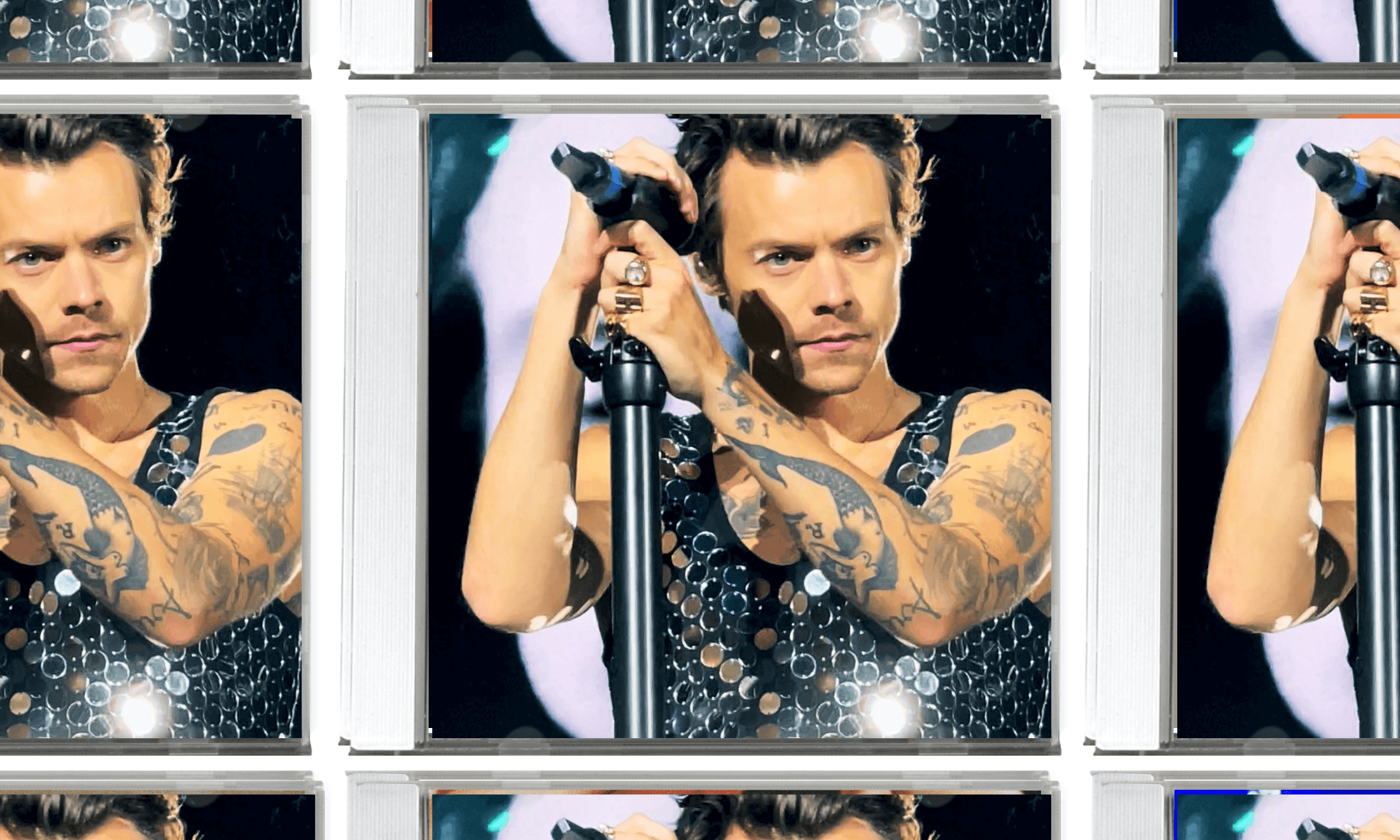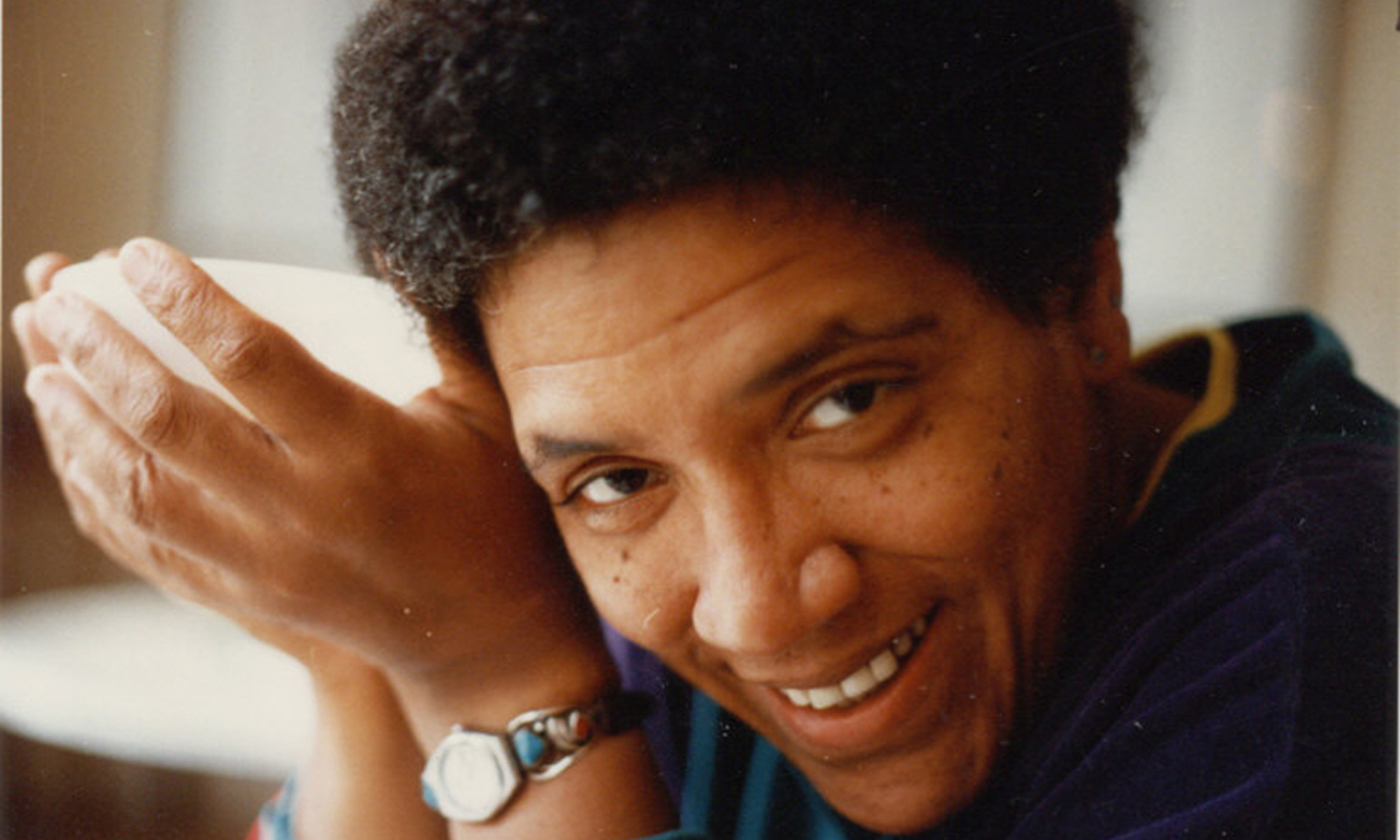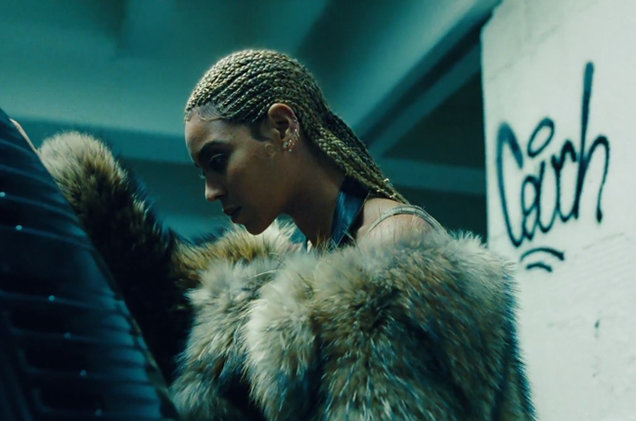
Beyoncé is a brand. In many ways she encapsulates the deification of capitalism in society and I don’t think it undermines her talent to acknowledge this. In her recent turn towards more political statements in her music, some have been sceptical of her intentions. But rightly or wrongly, she is extremely influential. I imagine more black girls and women look to her for some sense of empowerment than they do Angela Davis or bell hooks. So we really ought to celebrate that she is finally giving us something that speaks overtly to us and our experience. That said, let’s get into the music.
It’s refreshing to see Beyoncé move away from her ubiquitous ‘ear-candy’ sound, as much as I love it. The music composition on Lemonade isn’t especially groundbreaking, but it definitely shows a growing and refining of Bey’s taste and artistry. A stand out track for me is ‘Don’t Hurt Yourself’. This raw and glitchy number is helped along by a sublimely earthy guitar feature from Jack White – Bey growls and wails in true rock goddess fashion, providing some Janis Joplin realness. “Who the f*ck do you think I am? You ain’t married to no average b*tch, boy”. Beyoncé came to play! 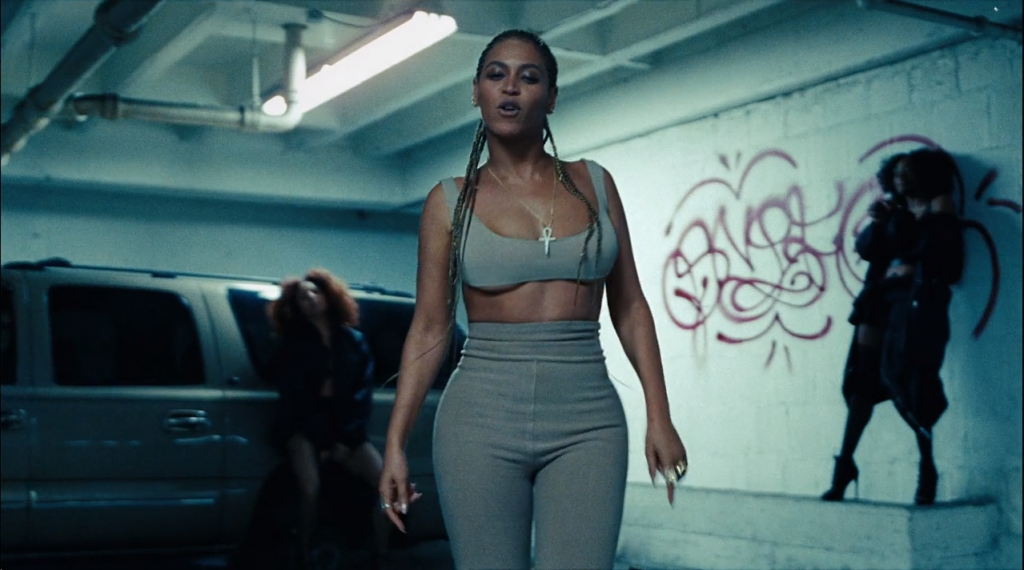 Lemonade confronts head-on the fraught nature of her and Jay-Z’s marriage and the devastating effects of his cheating. We move through the various stages of the emotions this provokes – we go from denial, anger, apathy and end on a tentative but palpable joy as she finds it in herself to forgive.
Lemonade confronts head-on the fraught nature of her and Jay-Z’s marriage and the devastating effects of his cheating. We move through the various stages of the emotions this provokes – we go from denial, anger, apathy and end on a tentative but palpable joy as she finds it in herself to forgive.
In ‘Hold Up’, Bey struts through the streets in a bright yellow gown, brandishing a baseball bat and smiling a feverish, wild smile. She is an angry black woman who has had enough of hiding behind a gracious veneer – she is unapologetic and dazzling in her abandon and thus gives us permission to do the same. One of the most striking and fierce lines is in the bouncy, carefree track ‘Sorry’: “He better call Becky with the good hair” – a searing condemnation of what we can only presume is his mistress.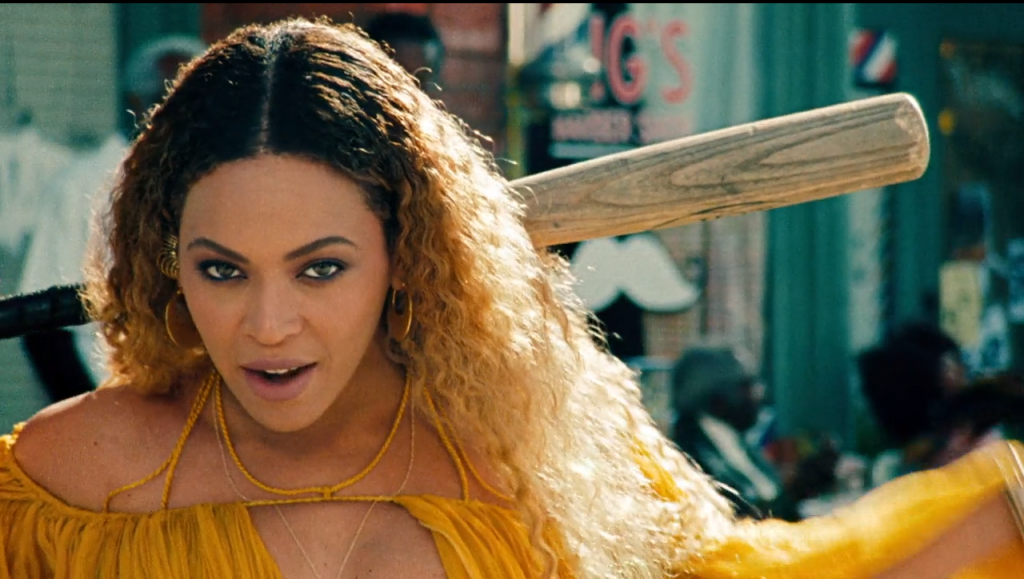 The lyrics in this album move seamlessly from potty-mouthed, vengeful sass to delicate vulnerability with a conviction and grace that is truly commendable. We get a true sense of the human that lies behind the flawless Beyoncé brand – and it is here where she has transcended from pop figure to storyteller and creative powerhouse.
The lyrics in this album move seamlessly from potty-mouthed, vengeful sass to delicate vulnerability with a conviction and grace that is truly commendable. We get a true sense of the human that lies behind the flawless Beyoncé brand – and it is here where she has transcended from pop figure to storyteller and creative powerhouse.
She has had a lot of help, of course. Visually, Beyoncé surrounds herself with exceptional figures – Serena Williams, Amandla Stenberg, Quvenzhané Wallis and Winnie Harlow to name a few. As well as collaborating with an eclectic mix of musicians including James Blake, Kendrick Lamar and the Yeah Yeah Yeahs. Beyoncé has come under fire for poaching creative ideas in the past and I don’t doubt that she has borrowed from others extensively for this album – but the end result does feel unique to her as an individual.
As a poet myself, I must say that the spoken word interspersed through the album is one of the highlights. It is intricate and blistering and really adds depth to the album’s narrative. It was written by my favourite living poet, British Somalian Warsan Shire and I am so happy that a writer of her calibre is getting this level of exposure.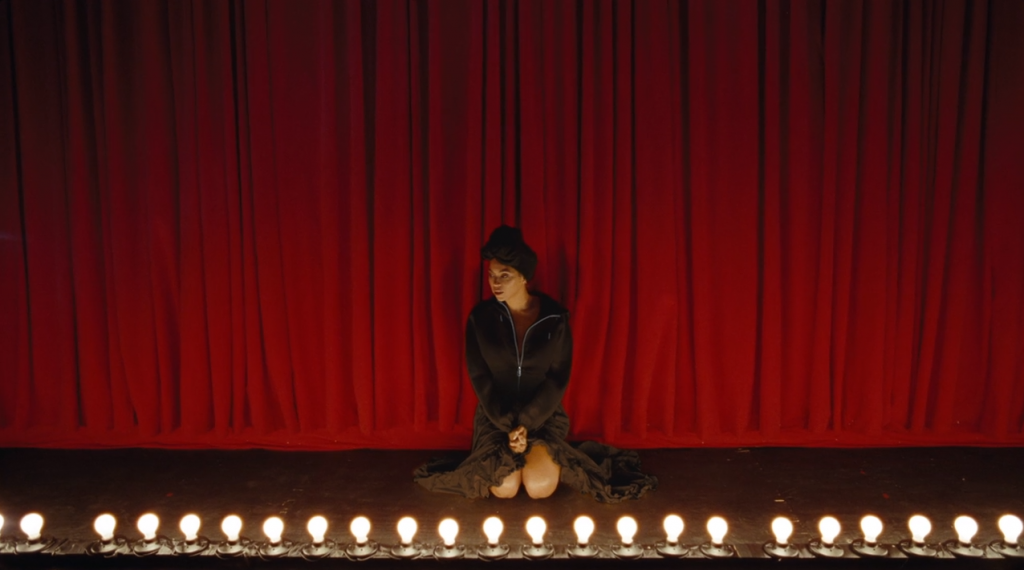 I could write yet another article on how every single look Beyoncé rocks is directional and sumptuous – but my favourite look is her in a black hoodie and a head wrap. This is what I took away the most from this visual album: how deliberately Beyonce is threading the complexity, power and struggle of black womanhood into her work.
I could write yet another article on how every single look Beyoncé rocks is directional and sumptuous – but my favourite look is her in a black hoodie and a head wrap. This is what I took away the most from this visual album: how deliberately Beyonce is threading the complexity, power and struggle of black womanhood into her work.
She is embracing our aesthetic, our vernacular, our history and our aspirations for the next generation. She gives space for our mourning. Trayvon Martin’s mother stares into the camera holding a photo of her son – a poignant and painful moment. She also gives space for us to celebrate ourselves – shots of black women smiling into the camera, showing off their hair, laughing and playing, cooking for each other and eating together. It is one of the most nuanced and affirming depictions of black girl magic I have ever seen. This isn’t to say that Beyoncé is the first or the best person to have done it, but she is the first black woman of her level of power and influence to do so in my lifetime.
Lemonade was a long, cool, refreshing thing to drink after what feels like a long time in a desert-like dearth of representation. Beyoncé has come through for us and I, for one, am raising a glass to her and all the black women and girls who will experience this album and see a reflection of how much power and beauty we possess.


